Here’s something no one tells you. Your guests experience your brand with more than just their eyes and ears. They also experience it through scent.
And of all the senses, scent is the one most closely linked to memory and emotion. So if you’re not using scent marketing, you’re missing one of the most powerful tools in your sensory toolkit.
When done right, scent creates emotional connection. It builds memory. And it quietly shapes how your guests feel and respond.
In this article, you’ll learn exactly how scent marketing works, why it matters in the tourism and hospitality world, and how you can use it to elevate your customer experience.
Whether you manage a boutique hotel, a luxury resort, or a high-traffic tourist destination, you’ll walk away with clear, actionable ideas to stand out in a way that is subtle but powerful.
What Is Scent Marketing?
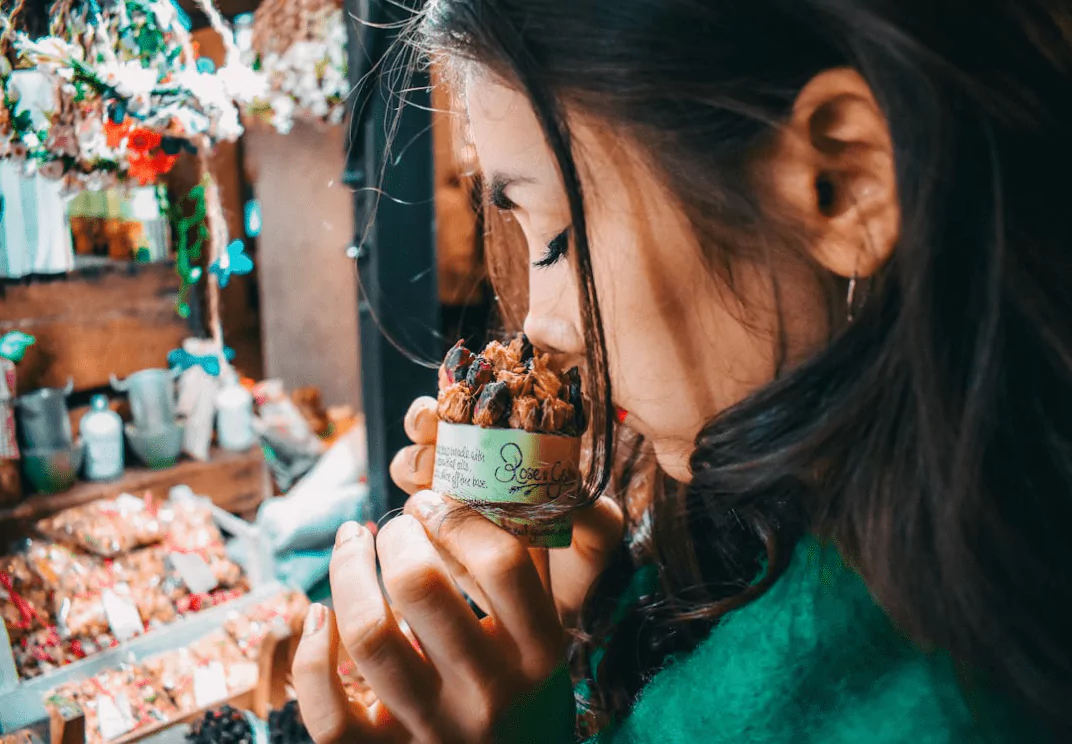
Scent marketing is exactly what it sounds like: using smell as a tool to influence how people feel, think, and behave in a space.
But it’s not just about making a room smell “nice.” It’s about creating emotional connections and brand recall through carefully chosen scents.
Here’s the science behind it: your sense of smell is directly linked to the limbic system, the part of the brain that handles memory and emotion.
That’s why a certain fragrance can instantly transport you back to a childhood vacation or make you feel calm, energized, or even nostalgic.
Marketers have tapped into this for years in retail, but in tourism, it’s still an underused strategy. That’s surprising, because travel is all about creating emotional experiences. And scent is one of the fastest ways to anchor those experiences in memory.
Think of scent as an invisible signature. It’s the subtle “something” guests remember long after their visit, even if they can’t quite put their finger on it. It influences first impressions, sets the mood, and reinforces your brand’s identity without saying a word.
So no, scent marketing isn’t fluff. It’s a science-backed way to enhance how guests feel and how they remember you.
Why Scent Works in Tourism
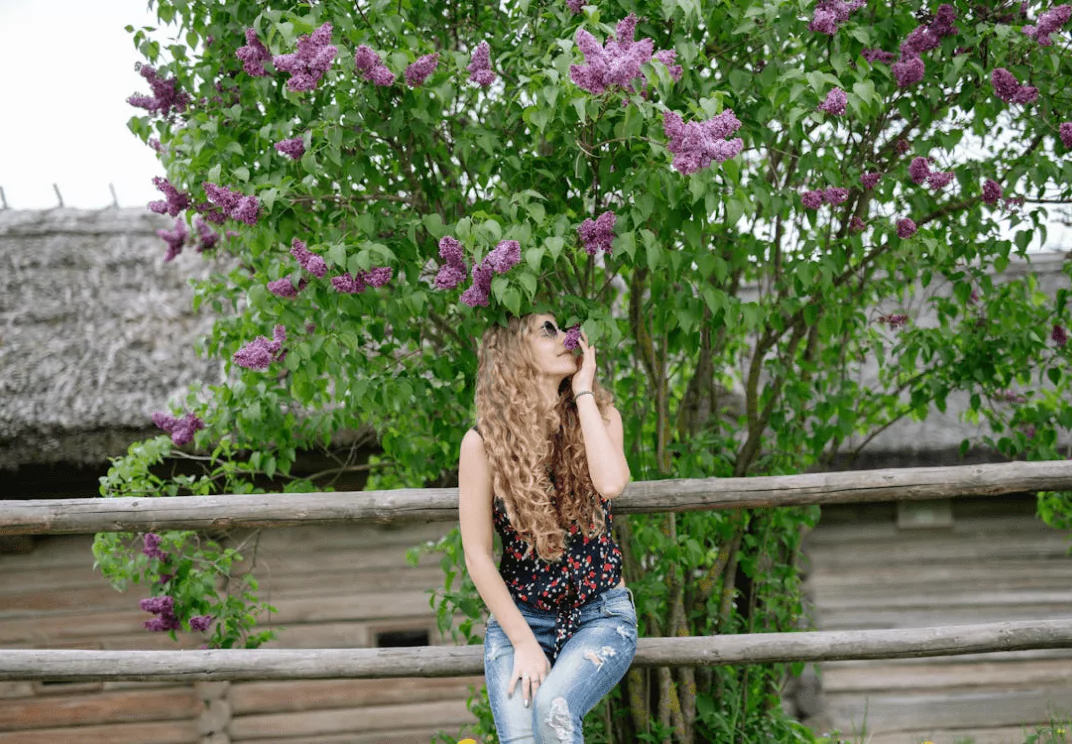
In tourism, your goal is to create experiences that stick. Scent plays a unique role in making that happen. Here’s why it works so well in travel and hospitality settings.
Taps Into Emotion Instantly
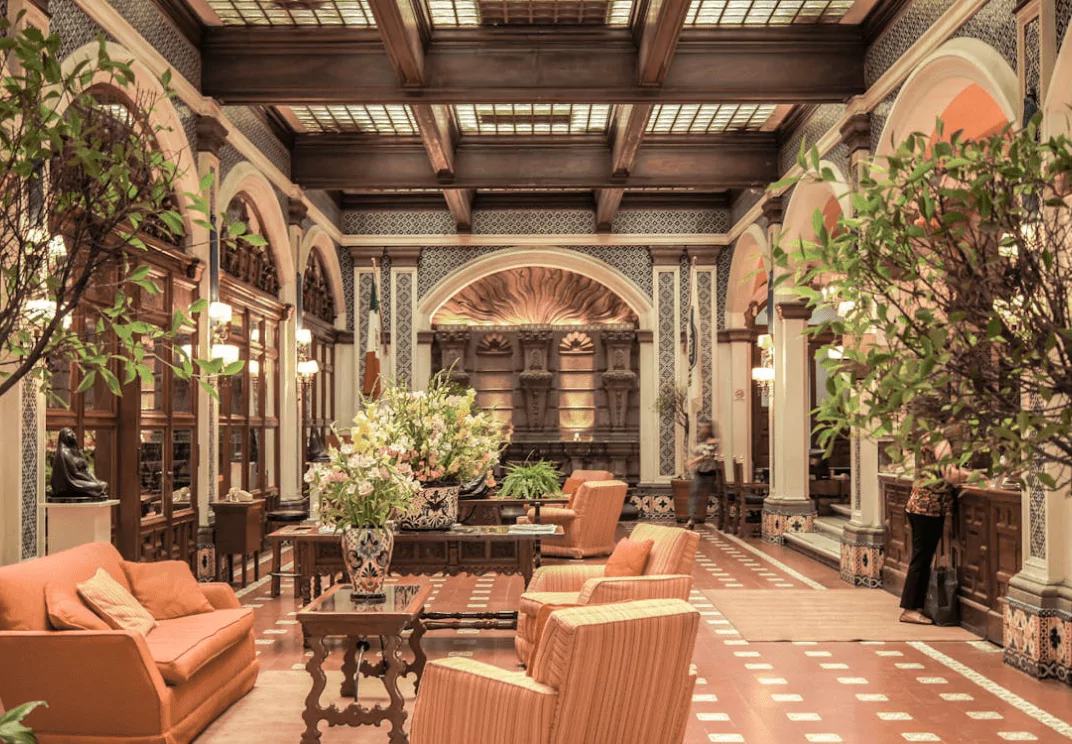
Smell is the only sense directly connected to the parts of the brain that process emotion and memory. That’s why guests don’t just notice a scent. They experience it on a deeper, more emotional level.
A welcoming fragrance in the lobby can instantly make someone feel at ease, while a calming scent in a spa helps deepen relaxation.
Creates Stronger Memories
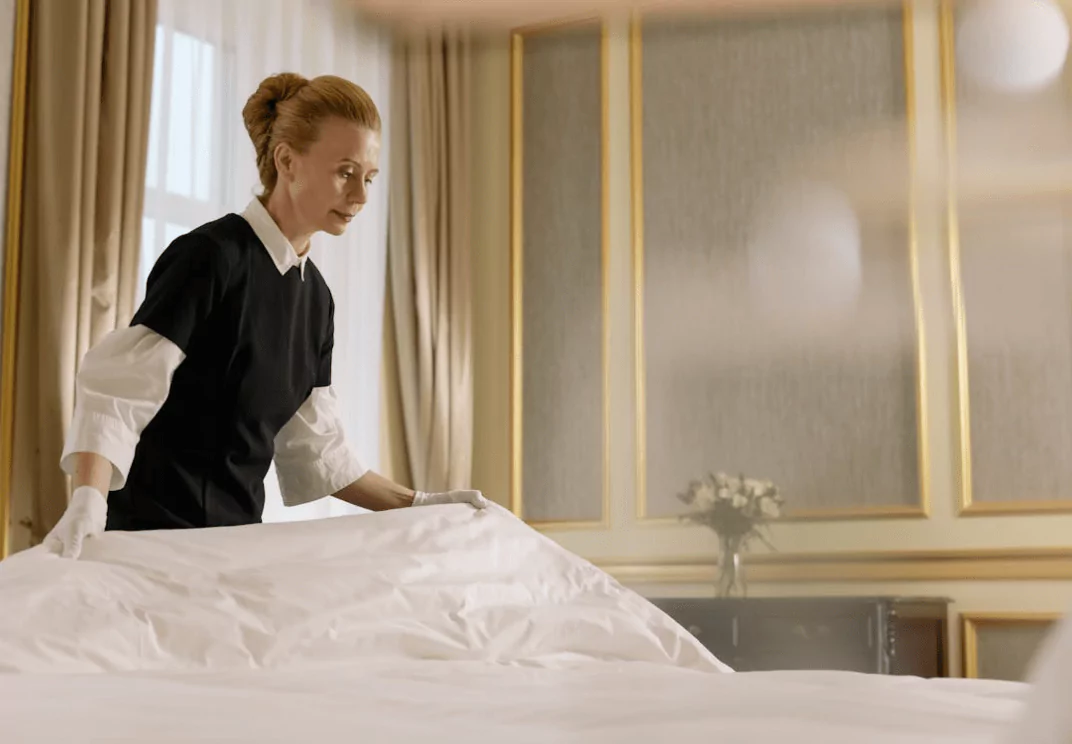
Studies show people remember scents with accuracy after a year, compared to visuals after only a few months. That’s a big deal in tourism, where emotional memory drives repeat bookings and referrals.
If a guest associates your hotel or destination with a unique, pleasant scent, they’re more likely to remember it and come back.
Enhances Perceived Quality
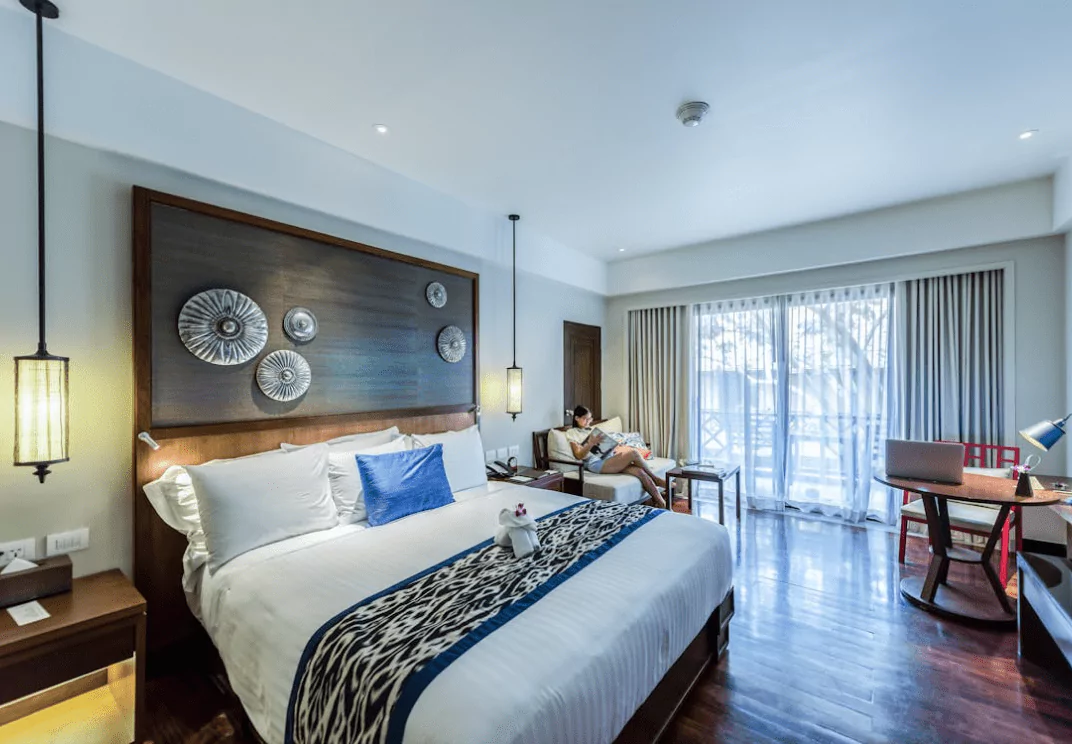
Hotels that use scent strategically often feel more luxurious, even if nothing else changes. A subtle signature fragrance can make a mid-range hotel feel high-end. It communicates care, cleanliness, and attention to detail without saying a word.
Reinforces Your Brand Identity
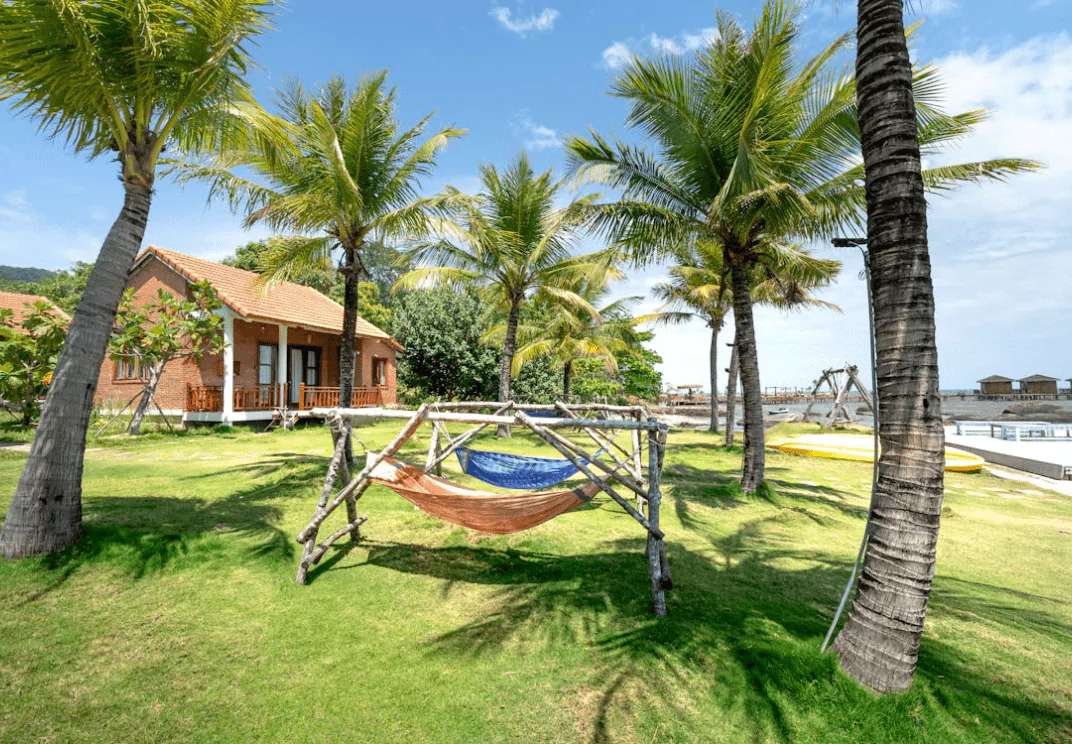
Every destination has a feel. Scent helps you lock that in. A beach resort might use a fresh coconut or ocean-inspired scent.
A mountain lodge might lean into cedar or pine. Whatever your brand vibe, scent helps guests experience it in a full sensory way.
Creates Consistency
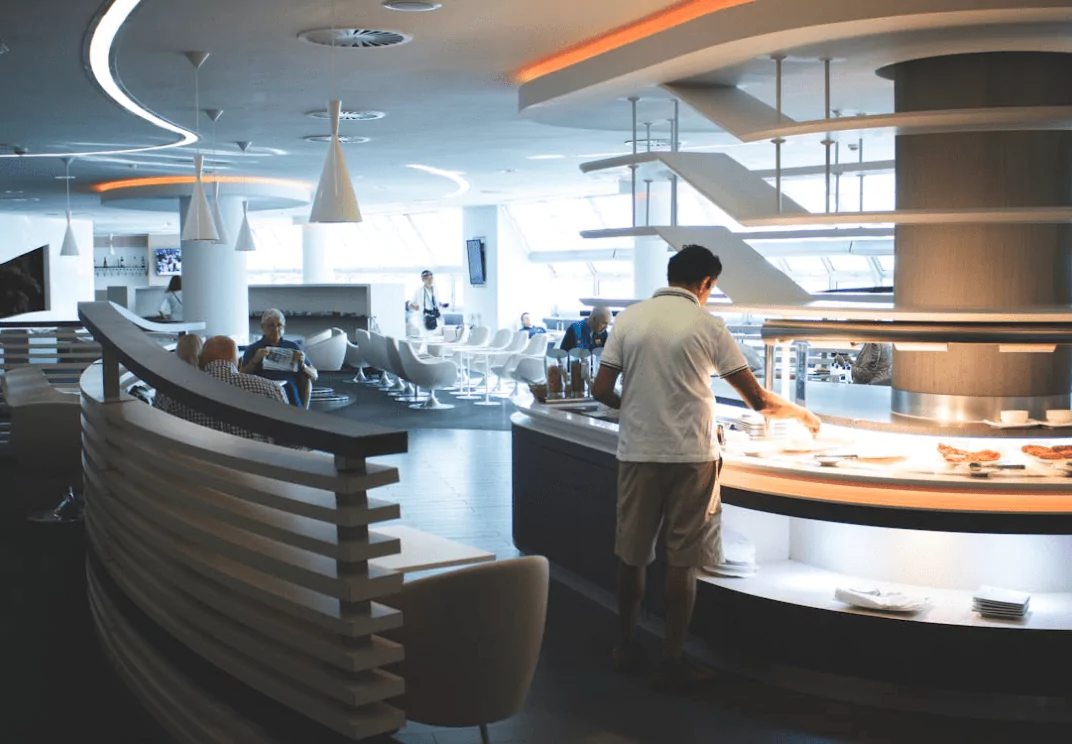
In large spaces like resorts, theme parks, or airport lounges, scent can help tie different areas together. It becomes part of the guest’s journey, offering a cohesive experience from arrival to departure.
Scent is a front-line tool for emotional connection and brand loylty. In an industry where experience is everything, that makes it incredibly valuable.
Real-World Examples

To show how powerful scent marketing can be, here are real-world examples from tourism brands that are already using fragrance to create memorable experiences:
Airport Lounges
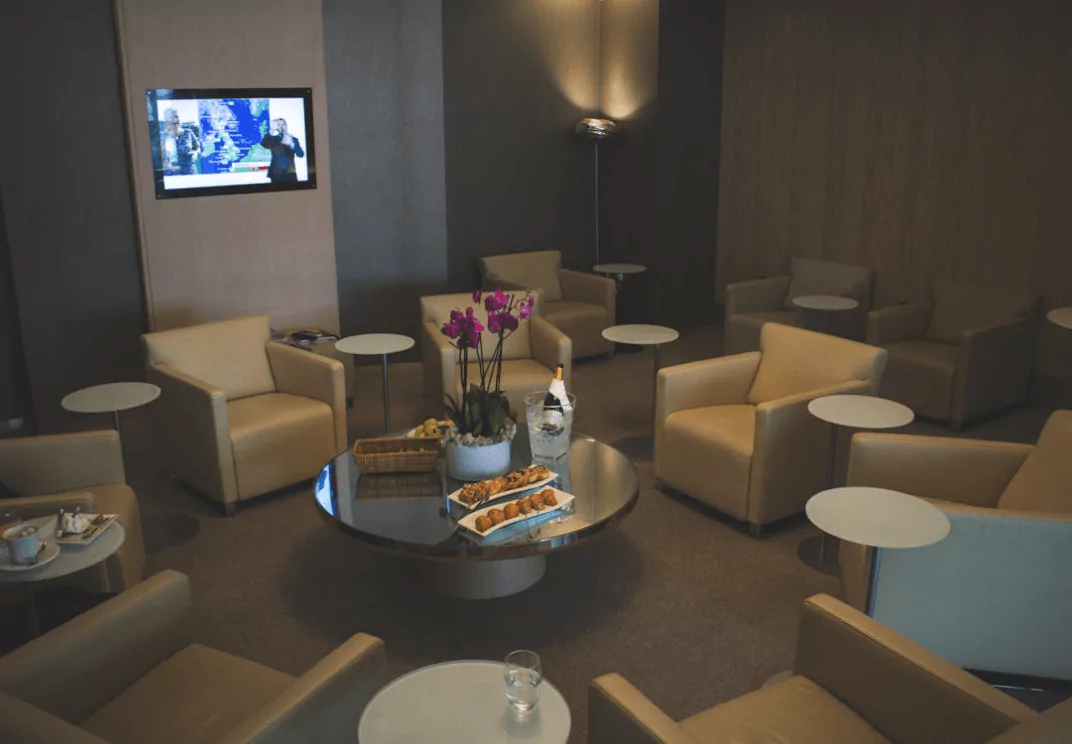
Some premium airport lounges diffuse a signature scent near their entrances. This simple addition instantly signals relaxation, even amid bustling terminals.
Guests report feeling calmer and more at ease, which sets the tone for a positive travel experience.
Hotel Chains
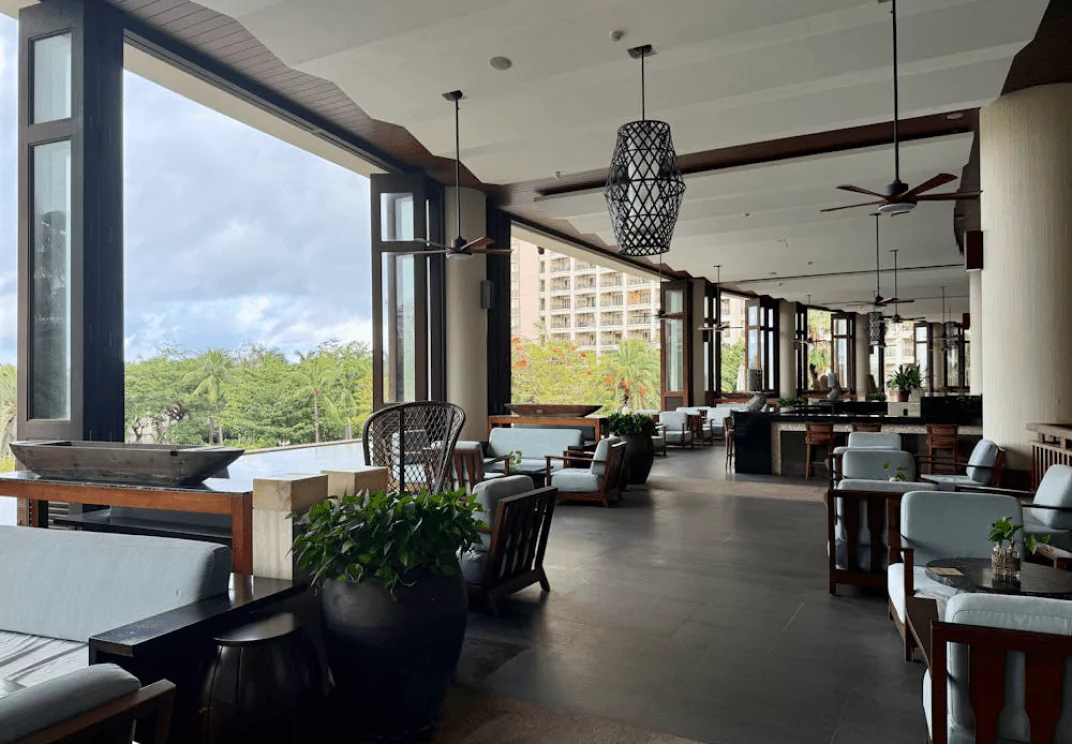
Major chains like Westin and Omni have created their own “brand scents” for lobbies and guest rooms. These scents become an invisible part of the guest experience, highlighting cleanliness, luxury, and emotional comfort.
Resorts & Spas
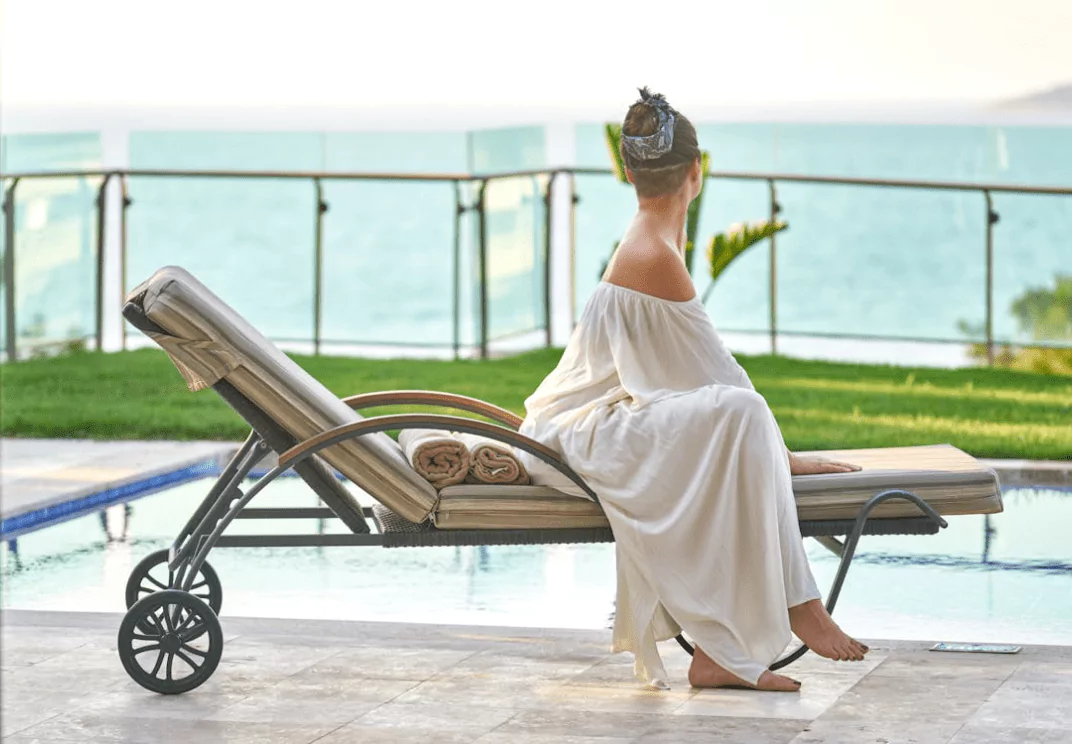
High-end resorts often pair specific scents with guest experiences. For example, a fresh sea breeze aroma might be used in coastal villa hallways, or eucalyptus in poolside cabanas. This enhances the theme and turns aesthetics into a multi-sensory experience.
Themed Destinations
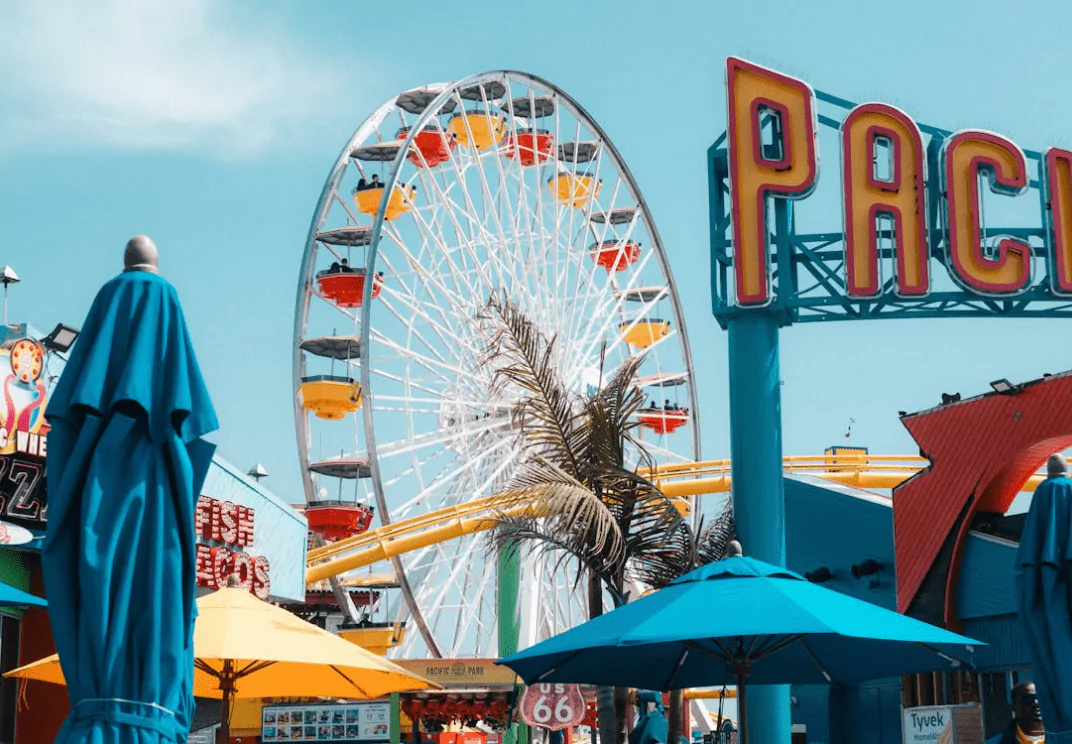
Theme parks and entertainment venues regularly use scent zones, such as the smell of popcorn near snack stands or pine aromas in forested areas. It’s about immersion. The scent enhances memories and strengthens emotional engagement.
Even smaller boutique hotels can use scent to tell a story. For example, they might diffuse a vanilla-toned aroma that echoes local pastries or a floral scent inspired by nearby gardens. The goal is to give guests a scent they unconsciously associate with your property.
Choosing the Right Scent

Your scent should feel like your brand. Here’s how to pick one that aligns:
- Define your brand personality. Are you tranquil and spa‑like? Fresh and energetic? Sophisticated and refined? Your scent should match that personality.
- Match scent to space. Lobbies need a welcoming aroma, guest rooms something relaxing, and restaurants perhaps a subtle appetizing note.
- Go local. Incorporate scents that evoke the destination, such as tropical florals, desert sage, or alpine pine. This helps connect guests to both the place and the memory.
- Keep it subtle. Less is more. You want a whisper of scent, not a shout. It should be noticeable without being overpowering.
- Test first. Start with a pilot in a limited area or during a specific time. Ask guests for feedback. Scent preferences can be subjective, so gather data before rolling it out more broadly.
How to Implement Scent Marketing
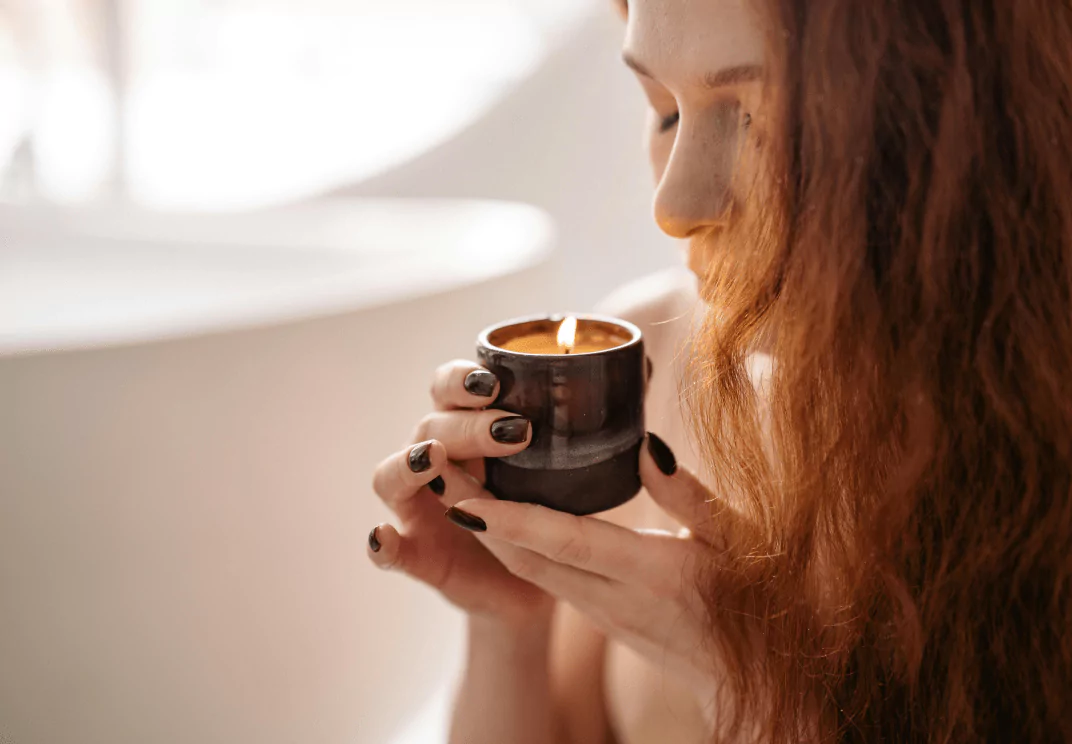
Here’s a simple roadmap for introducing scent marketing in your property:
- Plan your scent strategy. Map out which areas you plan to scent, such as the lobby, spa, corridors, and other key spaces.
- Choose your delivery method. Options include HVAC-integrated diffusers, standalone machines, scent pods, or scented candles (with safety precautions).
- Create a signature scent blend. A scent pro can help develop a custom blend that reflects your brand identity.
- Run a pilot. Test for a month or two. Gather guest feedback and monitor any measurable impact on satisfaction scores.
- Train your team. Give staff context: explain why the scent exists and what kind of feedback to look for from guests.
- Monitor & adjust. Semi-annual reviews are smart. Scents fade over time, and guest preferences may shift.
Measuring the Impact

Tracking scent marketing success involves both qualitative and quantitative metrics:
- Guest satisfaction surveys. Add a question like “How did our property feel overall?” with scent recognition as a sub-point.
- Online reviews. Watch for comments like, “Loved the calming aroma in the lobby.”
- Return bookings & referrals. See if guests who mention the scent come back more often.
- Brand recall studies. Ask guests if they remember any distinctive sensory cues.
- Sales & upsells. For spa or retail areas, see if scented zones boost upsell rates.
Even small increases in satisfaction or repeat visit rates can offer a strong ROI given how affordable scent systems can be.
Overcoming Common Objections
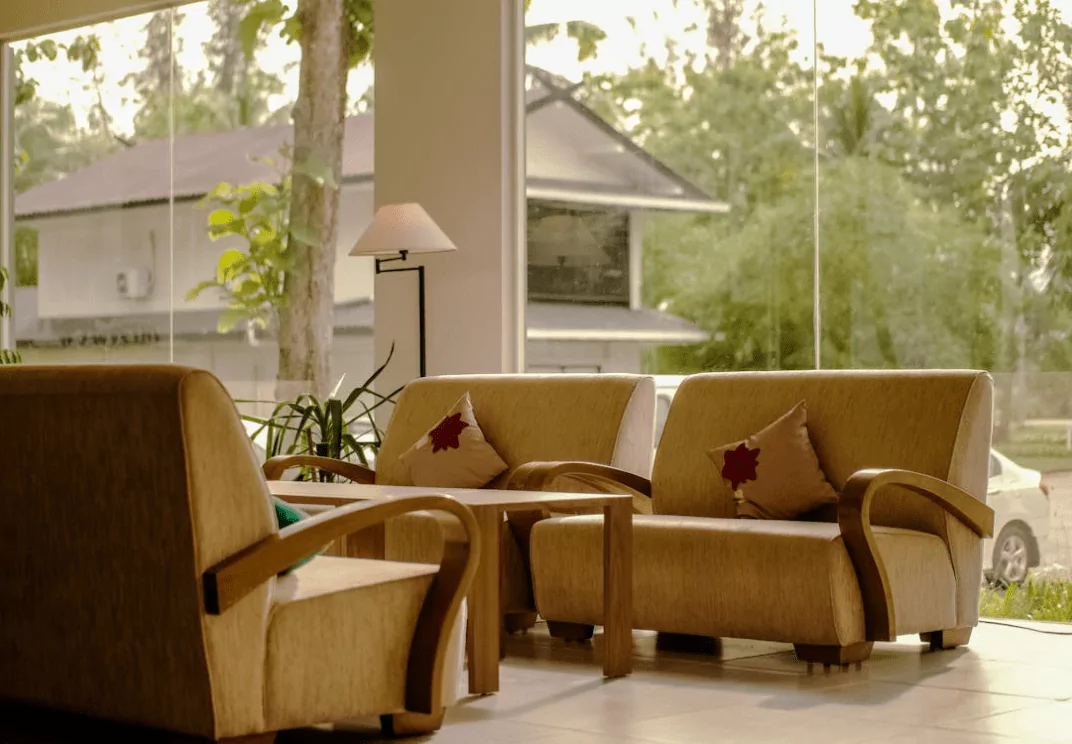
It’s natural to have concerns before investing in something new, especially when it’s sensory and less tangible than a new piece of furniture or a tech upgrade. But most of the common objections to scent marketing don’t hold up under closer inspection. Here’s why:
“It’s Too Expensive”

Many hotel managers assume that scent marketing requires a huge budget, but in reality, it’s surprisingly affordable. Basic scent diffusers start in the low hundreds of dollars, and even custom-branded scents with HVAC integration typically cost between $1,000 and $3,000.
Compared to the cost of renovations, marketing campaigns, or even monthly ad spend, scent systems are a low-cost investment that continues to pay off over time.
Plus, you don’t need to scent your entire property. Start with a few key areas, such as the lobby or spa, and scale up if you see positive results.
“Guests Might Not Like It”

This is a valid concern. Scent is subjective. Some people love lavender; others don’t. But there are smart ways to avoid backlash.
First, start with neutral, widely appealing fragrances like citrus, green tea, or subtle wood tones. These tend to test well across a wide audience.
Second, do a soft rollout. Test a scent in one zone, such as the lobby or hallway, and gather feedback from guests. Many brands also use opt-out zones or unscented rooms to accommodate sensitive guests.
In most cases, a well-chosen scent improves guest perception and goes unnoticed in a positive way. Guests feel better, even if they can’t pinpoint why.
“It Sounds Complicated”
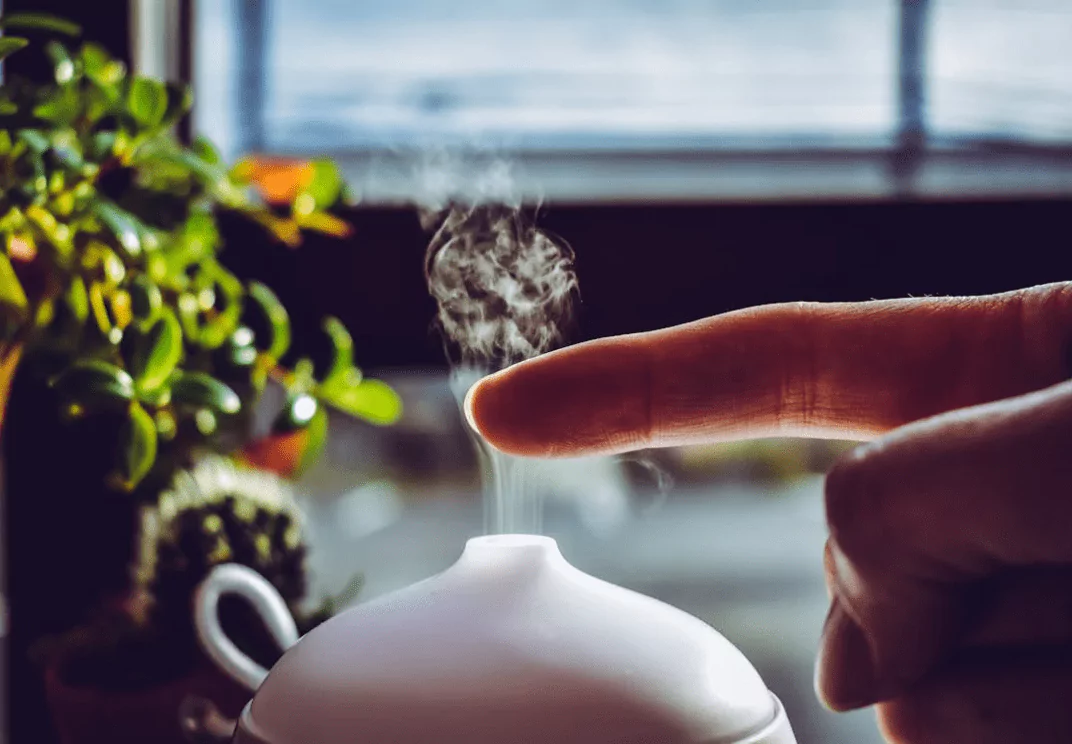
Once you’ve chosen your scent and set up the diffusers, scent marketing becomes practically hands-off.
Most commercial diffusers run automatically and just need a fragrance cartridge replaced every few weeks or months.
You can partner with a scent marketing company to handle everything from scent development to refills and maintenance, making it a set-it-and-forget-it strategy that doesn’t drain your team’s time.
“How Do I Measure ROI”

Because scent is subtle, it’s not always obvious how to link it to results. But you can measure its impact:
- Include questions about atmosphere or first impressions in guest surveys.
- Look for recurring keywords like “smelled amazing” or “relaxing ambiance” in reviews.
- Track repeat bookings or loyalty club sign ups before and after your scent rollout.
- Use scent recall tests (especially useful at branded events or in loyalty programs).
While you may not see a hard number overnight, a growing body of data shows that scent positively influences mood, satisfaction, and return intent. These are all key factors in long-term revenue growth.
Conclusion
In tourism, what guests feel lasts longer than what they see. Scent is your secret weapon. It creates emotional resonance, improves memory, and boosts perceived value. And you don’t have to overhaul your entire property to make it work.
Start small, test smart, use a signature scent that fits your brand, and measure how it shifts guest perception. Before you know it, you’ll have a space that feels unforgettable simply because it smells that way.





